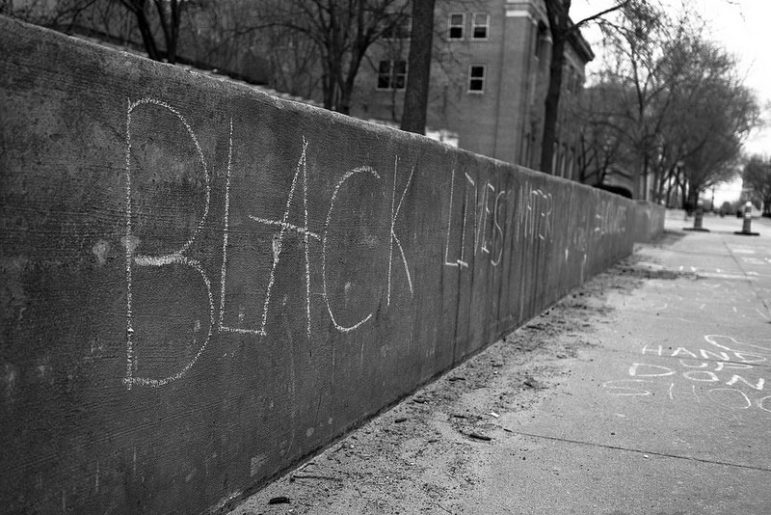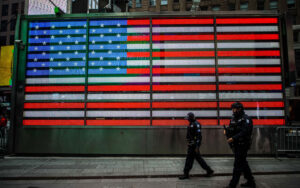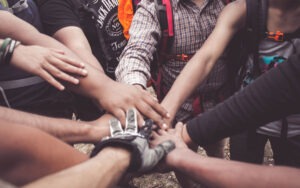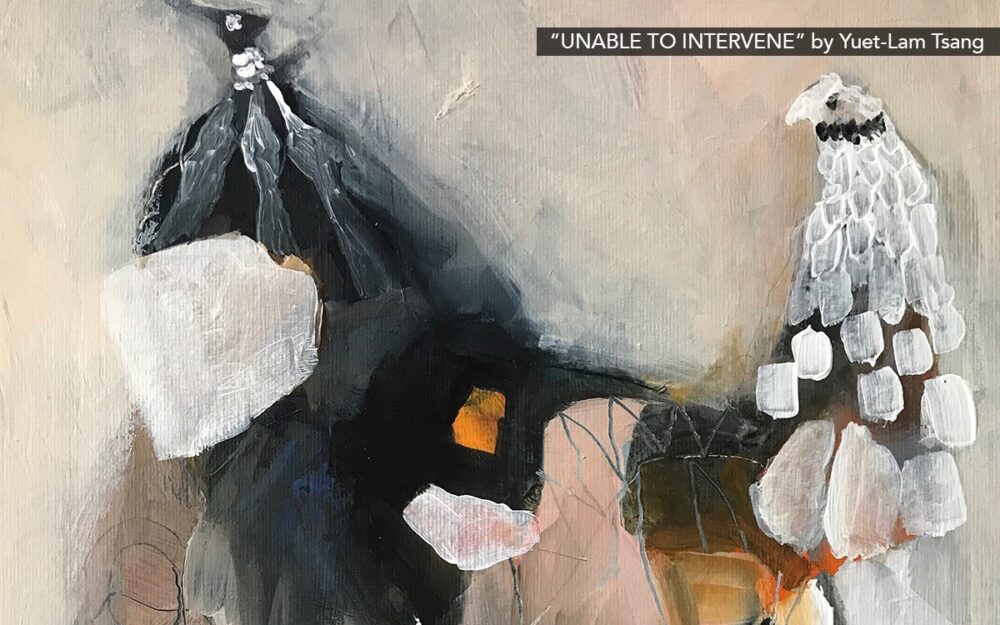
November 23, 2016; Christian Science Monitor
Leaders and members of the Black Lives Matter movement who protested the killing of Alton Sterling by police will be paid by four Louisiana agencies in a recent, $100,000 settlement of a federal class action lawsuit filed by the state’s ACLU and the New Orleans Workers’ Center for Racial Justice.
The settlement will pay 92 plaintiffs’ bail and legal fees in lieu of the parties heading to trial, but despite the small victory, it’s still a rocky road forward for the sometimes controversial yet increasingly popular modern movement born from a social media post.
Black Lives Matter is now fighting on multiple fronts—including the courts—to rebuild the Black liberation movement even as it reckons with carrying out its mission after an election that elevated “a white supremacist to the highest office in American government,” as a statement from Black Lives Matter Global Network described President-elect Donald Trump.
The Baton Rouge Metro Council approved the settlement last week after the protestors who were arrested last July accused the local and state authorities of excessive force and violating their rights to freedom of speech and assembly, according to the article in the Christian Science Monitor.
And, the local community may see more protests as the U.S. Department of Justice completes a probe into the officer-involved shooting, the Louisiana Weekly reported yesterday. A suit against Black Lives Matter from an officer who alleges injury during the protests is still pending.
Sign up for our free newsletters
Subscribe to NPQ's newsletters to have our top stories delivered directly to your inbox.
By signing up, you agree to our privacy policy and terms of use, and to receive messages from NPQ and our partners.
This week, the movement continued to raise money to send experienced Black organizers to protest the Dakota Access pipeline near the Standing Rock Indian Reservation in North Dakota. It also drew fire from the right for praising Fidel Castro following his death.
While many progressive nonprofits (BLM processes tax-deductible donations through IDEX, which “provides fiduciary oversight, financial management, and other administrative services to BLM”) have seen a huge uptick in support following the Republican tidal wave on November 8th, for many minorities the election of Donald Trump is a matter of life and death.
“Under Trump, black lives will become even more vulnerable to state violence,” BLM co-founder Patrisse Cullors wrote in the Guardian.
White people who voted for Trump decided to invest in a president who underwrites white supremacy in the guise of populism.
The horrifying murders of unarmed black people, the xenophobic atmosphere immigrant communities live in, and the continuing violence Native Americans have endured all contrast harshly with white people who organized their communities in order to promote racism, xenophobia, and sexism. They voted for a more dangerous United States.
So, what comes next? As BLM succinctly put it after the election, “We organize.”—Anna Berry













